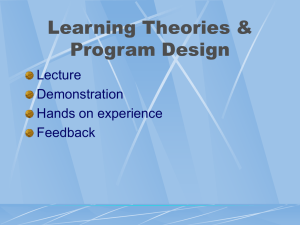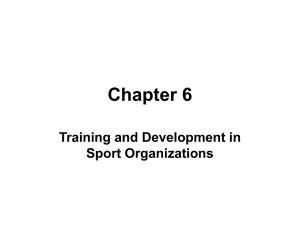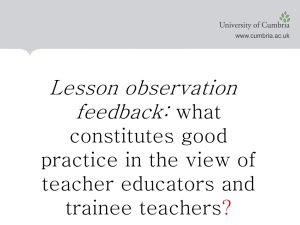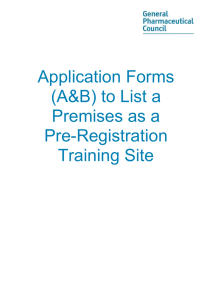Educational Theories and Concepts
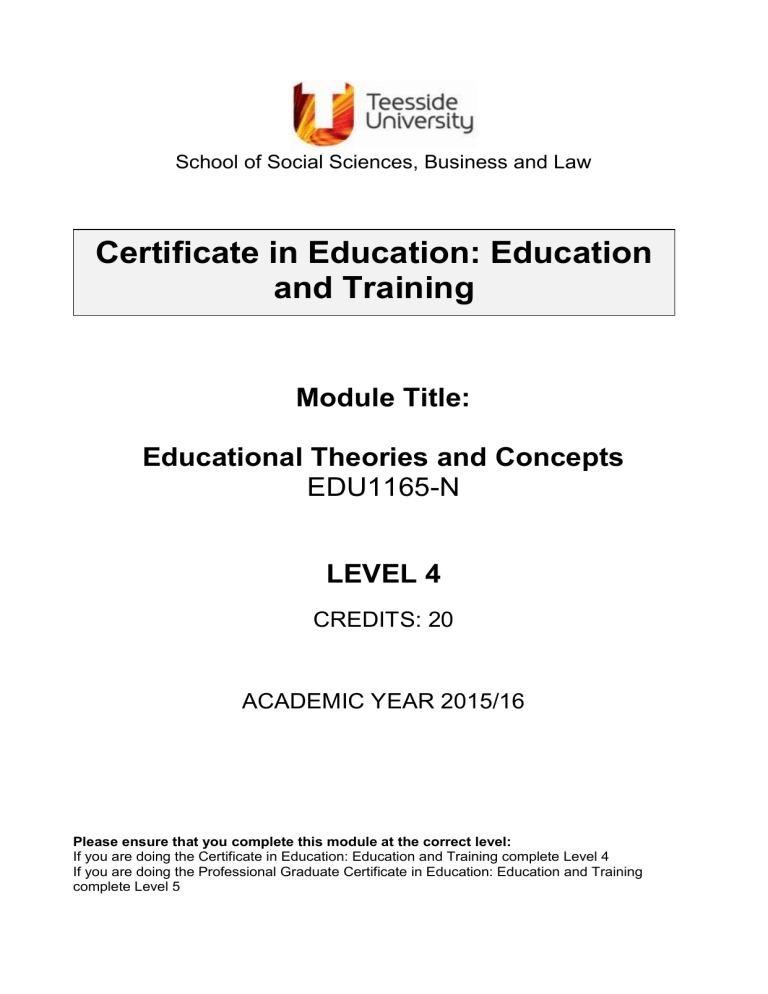
School of Social Sciences, Business and Law
Certificate in Education: Education and Training
Module Title:
Educational Theories and Concepts
EDU1165-N
LEVEL 4
CREDITS: 20
ACADEMIC YEAR 2015/16
Please ensure that you complete this module at the correct level:
If you are doing the Certificate in Education: Education and Training complete Level 4
If you are doing the Professional Graduate Certificate in Education: Education and Training complete Level 5
Module Aims
This module aims to develop trainees’ critical understanding of core learning, teaching and assessment theories; trainees will evaluate and critically analyse these approaches in relation to experience in practice. Trainees will develop the knowledge and skills needed to make clear, explicit links between their theoretical understanding and their experience of teaching and education as a whole. The module aims to provide students with an understanding of the theoretical frameworks that can be applied to aid the development of critically reflective practice in order to evaluate current practice and to apply the outcomes of this evaluation to ongoing practical experience as an aid to continuing personal and professional development. The module also aims to increase trainee awareness of the position and value of reflection to practice in their professional contexts and development in their academic context. The module will provide trainees with an understanding of how different approaches impact work in professional contexts and will develop in trainees a clear understanding of professionalism and the standards required in educational contexts in order to achieve this, the module will develop the skills needed to evaluate core statutory policies and approaches (including SEND and safeguarding), whilst providing a detailed understanding of these policies and their impact on practice.
Indicative Content
Introduction to and critical evaluation of learning theories and assessment theories.
The role of theories underpinning reflective practice.
The role of psychology in education.
Approaches to and theories underpinning learning and teaching students with special educational needs and disabilities.
Communication theory and its impact on learning, teaching and professional environments.
The role of the teacher and their professional responsibilities.
Safeguarding and SEND policy.
Inclusion, equality and diversity.
Teaching and Learning
This module will draw on a range of learning and teaching approaches appropriate to the nature of the cohort profile and the individual needs of the trainees. Throughout all taught and tutor led sessions a range of good practice in learning and teaching will be modelled, discussed and evaluated. This will draw upon best and new practice from a range of sectors and settings including compulsory education, FE, training organisations and HE.
As with all other modules on the programme this module will not be delivered as a discreet unit rather it will be explicitly linked at all times to the practical modules that trainees will be completing concurrently. It is expected that the theoretical taught content of this module will be delivered in ways that demonstrates a range of practical delivery methods. Experiences and knowledge gained through this module may impact the reflection and tracked development evident in the Individual
Learning Plan.
Trainee progress will also be supported through:
seminars focusing on an evaluation specific strategies, experiences and scenarios
a range of reflective activities (written, oral, individual and group)
lectures and, where applicable, guest lectures from specialists
interactive workshops that model a range of learning and teaching strategies
VLE access, resources and moderated discussion o formative and summative written and oral assessment; formative assessment will not be restricted to assignments highlighted .
Main Learning Outcomes
Knowledge & Understanding
1. Describe and explain relevant learning and assessment theories, linking these to your experience and practice.
2. Explore the ways in which modern approaches in other fields of study are impacting educational practice.
3. Demonstrate an understanding of one of the following concepts: inclusion, SEND legislation and safeguarding.
Cognitive & Intellectual Skills
4. Gather, record and describe evidence linked to a range of popular approaches to learning and teaching. Comment on the validity of these approaches in the classroom.
5. Describe and justify the role of different theories and approaches in education.
Practical & Professional Skills
6. Demonstrate, in practice, a clear understanding of the ethical standards and values expected of professionals working within educational contexts.
7. Use their understanding of communication theory to select communication methods appropriate to the context.
Key Transferable Skills
8. Make clear links between theoretical approaches and professional practice.
Attendance
Students are expected to attend all lectures, seminars, workshops and any other scheduled teaching activity. It is through interpersonal exchanges with tutors and peers that experiential learning and the testing of ideas takes place and the University has strong evidence that good attendance is related to success in assessments. Attendance will be monitored and if there is evidence that you are not engaging with University studies then you may be withdrawn from the programme.
Assessment
Please see the assessment guide for detail.
Summative Assessment
ICA 40% (guide for new teachers)
ECA 60% (essay)
Assessment Criteria
Standard Teesside University UG Level 4 will be used.
Assessment Submission
See timetable for hand-in dates and details.
Late submission will result in only a pass grade of 40% being awarded.
Academic Support and Guidance
Formal individual tutorials are built into the module delivery. These tutorials will focus explicitly on trainees' progress in the academic aspects of the programme with specific reference to the development of appropriate academic writing skills and practices. In addition further tutorial support will be available as needed at times that are arranged between the tutor and the trainee.
On-going support will be provided to the students via email correspondence with the module tutor and/or personal tutor and by the provision of supporting materials available via the VLE.
Reading List
Purchase
Gould, J. (2012) Learning Theory and Classroom Practice in the Lifelong Learning Sector, London:
Sage/Learning Matters
Essential
Appleyard, N. and Appleyard, K. (2012) Communicating with Learners in the Lifelong Learning
Sector, Exeter: Learning Matters
Curzon, L. B. (2003) Teaching in Further Education: An Outline of Principles and Practice, London:
Continuum
Gravells, A. and Simpson, S. (2012) Equality and Diversity in the Lifelong Learning Sector, Exeter:
Learning Matters
Powell, S. and Tummons, J. (2011) Inclusive Practice in the Lifelong Learning Sector, Exeter:
Learning Matters
Recommended
Moore, A. (2013) Teaching and Learning: Pedagogy, Curriculum and Culture , Abington: Routledge
Journals
Professional Development in Education
Educational Action Research: An International Journal
Journal of Vocational Education and Training
Electronic
The Education and Training Foundation http://www.et-foundation.co.uk/
Ofsted | Home page http://www.ofsted.gov.uk/
Times Educational Supplement https://www.tes.co.uk/
The Excellence Gateway http://www.excellencegateway.org.uk/
Jisc Regional Support Centres http://www.jiscrsc.ac.uk/
NIACE : The National Institute of Adult Continuing Education http://www.niace.org.uk/
National Foundation for Educational Research http://www.nfer.ac.uk/
QCA: Qualifications and Curriculum Authority http://www.qca.org.uk/
Regulations and Procedures
Naturally within the University there are a number of regulations which you may need to refer to as you progress through this module and the University generally. The University has placed these regulations on the University Website at: http://www.tees.ac.uk/docs/index.cfm?folder=Student%20Regulations
